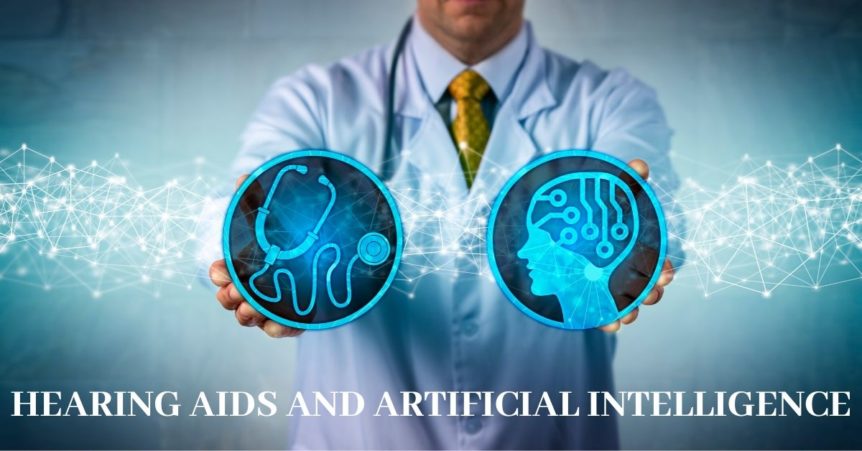Have you or a loved one been diagnosed with hearing loss? If so, you know that news like that doesn’t come easy. It hits about as hard as a brick to the face. You may wonder how it came about and what steps you could’ve taken to prevent it from happening. You may also be in denial and not wanting to accept the diagnosis. You may also be angry. All of these are completely normal reactions. After all, it can be downright terrifying to think that you may not be able to hear like you used to be able to.
As soon as you get the diagnosis, you may be overwhelmed and overloaded with negative thoughts. You probably also will start immediately thinking about all the things you won’t be able to do anymore. You’ll probably have thoughts such as, “I can’t drive anymore. I can’t go to school. I can’t go to work. I won’t be able to hear what my family and friends have to say.” Thinking like this will only lead to more negative thoughts. Yes, there are many challenges associated with hearing loss. It affects one of the most important pieces of your life: the ability to hear. Overcoming these challenges is the key. If you can rise above and continue living your best life despite a diagnosis like hearing loss, then you’ve already won.
Though hearing loss is not new, the research and new technological aids surrounding the disease are. Artificial intelligence is now being used to combat the problem as well. There is an AI that has been specifically designed by inventors to replicate what they are calling a “cocktail” effect or “cocktail party”. In essence, it helps isolate sounds from a person’s voice that would normally be lost among a group of several hundred people. This helps people that are hearing impaired by allowing them to enhance a certain sound that they want to hear and block out all the other ones around them that they don’t want to hear. This is a prime example of how artificial intelligence is breaking out in today’s world and being used for the good of society and helping others. There are also several other artificial intelligence programs that are being developed and worked on daily to help people with hearing impairment in the future.
If artificial intelligence is not up your alley, you can always opt for hearing aids. There are several different types and you can choose which one you want based on preference and cost. If you have single-sided deafness (hearing loss that affects one ear partially or fully) you can elect to wear one hearing aid. However, you should know that two hearing aids will likely improve your hearing significantly more than just one will. If you suffer from hearing loss in both ears, also known as bilateral hearing loss, you can still elect to just use one hearing aid if you don’t like the idea of dealing with one in each ear. This is not ideal though and will ultimately hinder you more than help you in the end. Research has shown that using two hearing aids will keep your cognitive abilities sharp by keeping your brain from getting lazy. If you disconnect the hearing aids, the brain will stop giving “unnecessary resources” to a part of the brain that it sees as not being used anymore.
Artificial intelligence and hearing aids are the future of healthcare. In the past, if you were diagnosed with something like hearing loss, that really was a huge deal because there was not a lot they could do about it yet. The research was still being done and they were a long way from technology as advanced as artificial intelligence. Take advantage of the medical breakthroughs that we’ve made and seek treatment for your hearing loss if you suspect you are experiencing symptoms. Help family members to do the same if they are having trouble accepting their own diagnosis with hearing loss. Explain to them that there are hearing specialists available that specialize in hearing and that they will do their best to get them the best treatment possible. Explain the options available to them with hearing aids, artificial intelligence, and medication. Most importantly, explain that hearing loss does not have to be the end. With the right attitude, it can truly be a brand-new beginning.

